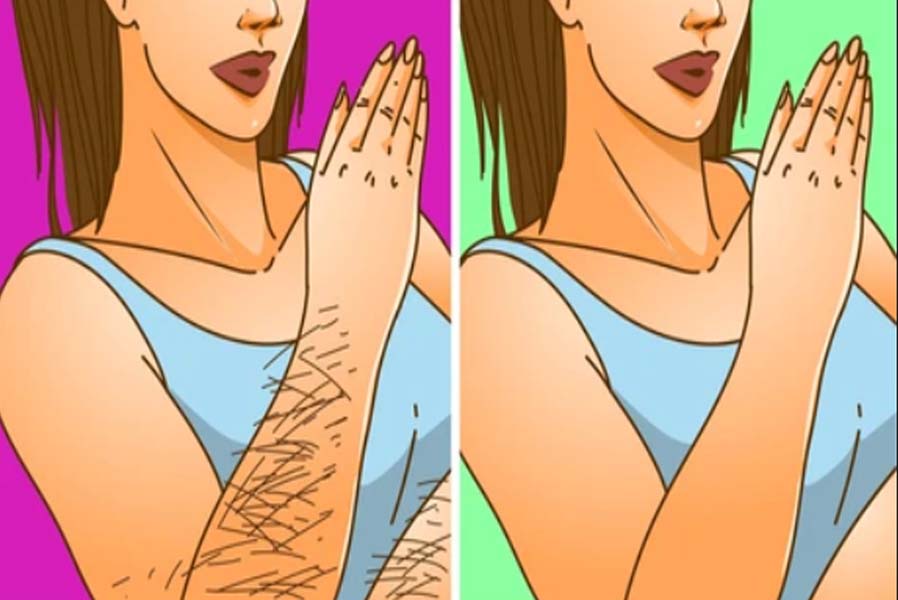
Hirsutism is a medical condition characterized by excessive and unwanted hair growth in areas of the body where hair is typically more common in males than in females. These areas include the face (such as the upper lip, chin, and cheeks), chest, abdomen, back, and inner thighs. Hirsutism can occur in women of all ages and ethnicities and is often associated with an underlying hormonal imbalance.
Dr. Naincy specializes in the diagnosis and treatment of hirsutism typically as an endocrinologist or a dermatologist. Additionally, gynecologists and primary care physicians may also manage cases of hirsutism, especially if it is associated with conditions such as polycystic ovary syndrome (PCOS) or hormonal imbalances. She employ various treatment approaches depending on the underlying cause of excessive hair growth and the individual needs of the patient. Hirsutism treatment is comprehensive approach that combines medical therapy, hair removal methods, and lifestyle modifications may be necessary to effectively manage hirsutism and improve quality of life.
Hirsutism can have significant psychological and emotional effects, including decreased self-esteem, social anxiety, and depression, particularly in women who feel self-conscious about their appearance. It's important for individuals with hirsutism to consult with Dr. Naincy Purwar for proper evaluation and management, as untreated hirsutism can have long-term effects on emotional well-being and may be a sign of an underlying medical condition that requires treatment.
Lifestyle Changes:
How Dr. Naincy helps to treat hirsutism:
Overall, Dr. Naincy Purwar play the important role in diagnosing, treating, and managing excessive hair growth, helping patients achieve effective symptom control and improve their overall well-being.
Here are some common methods used by doctors to treat hirsutism:
Hormonal Therapy:
Topical Treatments:
Hair Removal Methods:
Lifestyle Modifications:
Surgical or Cosmetic Procedures:
Management of Underlying Conditions:
Call now : Dr. NAINCY PURWAR
+91-7297080208

